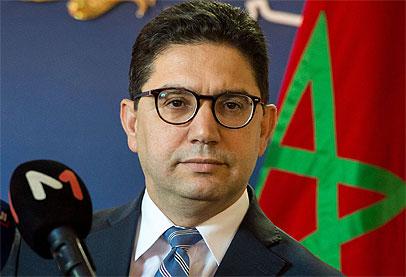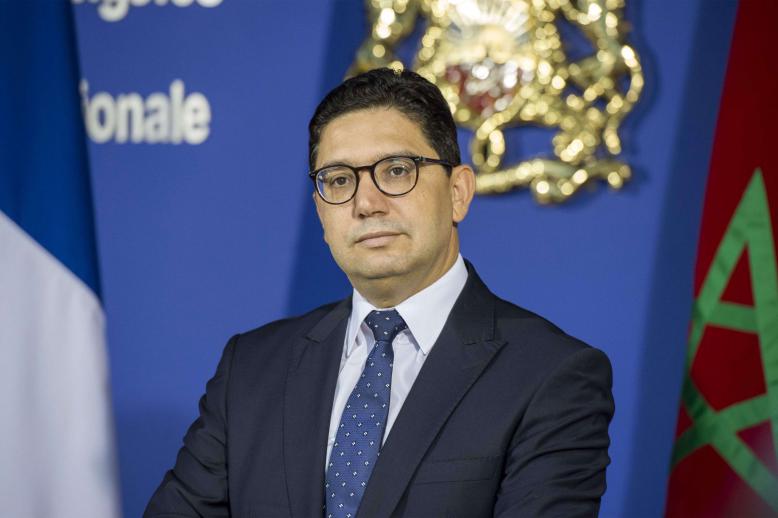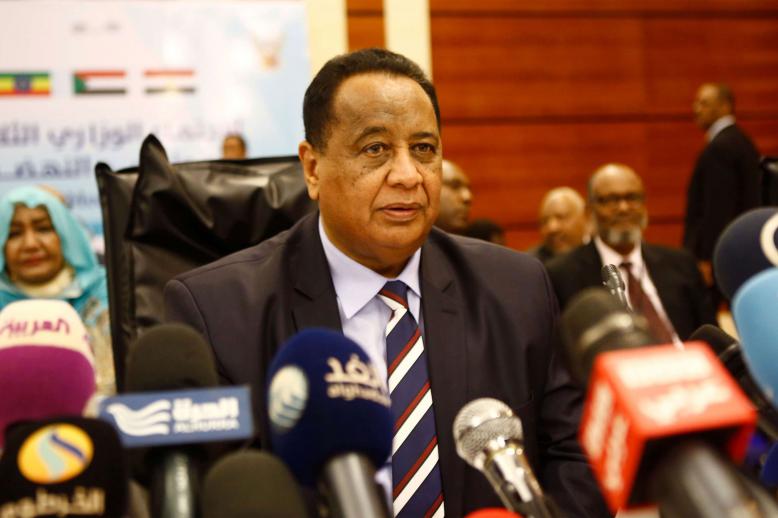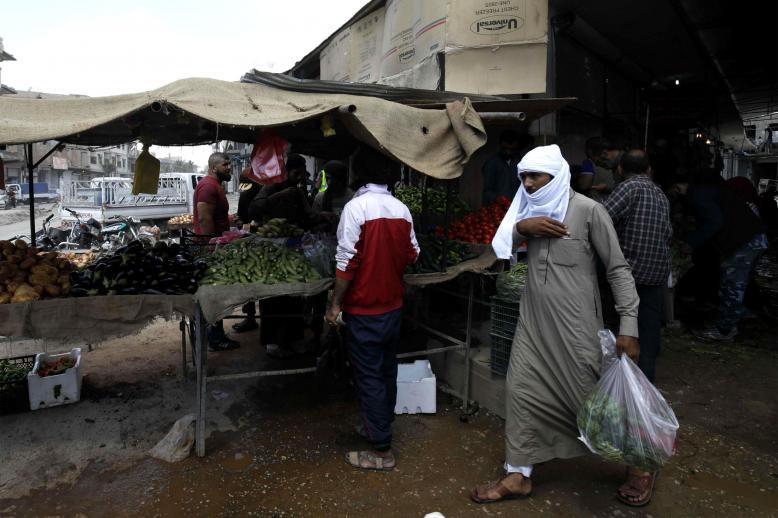Morocco accuses Iran of backing Polisario Front

RABAT - Morocco on Tuesday cut diplomatic ties with Iran, accusing the Islamic republic of using its ally Hezbollah to deliver weapons to the separatist Polisario Front in Western Sahara.
Moroccan Foreign Minister Nasser Bourita said the decision had nothing to do with "current regional or international developments", referring to rising tensions between Saudi Arabia and its allies on one side and Shiite Iran its camp on the other.
The Lebanese Hezbollah quickly rejected Rabat's accusations, blaming the decision on foreign "pressure".
At a press conference in Rabat, Bourita said "a first shipment of weapons was recently" sent to the Algerian-backed Polisario Front, which is seeking independence, via an "element" at the Iranian embassy in Algiers.
"Morocco has irrefutable proof, names and specific actions to corroborate the complicity between the Polisario and Hezbollah," he told reporters.
The decision to sever ties with Tehran is "in response to Iran's involvement, through Hezbollah, in allying itself with the Polisario over the past two years in order to target the security and higher interests of Morocco".
Bourita was speaking upon his return from Tehran, where he said he informed his Iranian counterpart Mohammad Javad Zarif about Morocco's decision.
The foreign minister said he departed Tehran along with Morocco's ambassador to Iran.
"I will ask the Iranian embassy's charge d'affaires to leave the kingdom as soon as possible," Bourita added.
- 'False accusations' -
Morocco and Iran have had strained relations and severed diplomatic ties in the past, the last time in 2009 when Rabat cut ties with Tehran but they were restored at the end of 2014.
According to Bourita, Iran and Hezbollah have had ties with the Polisario Front since 2016, when the Lebanese Shiite militant group set up a committee to support the Polisario.
After that, he said, a Hezbollah military delegation visited the Polisario Front in the Tindouf area in southwest Algeria.
Hezbollah quickly denied that it was arming the Polisario, accusing Morocco of caving to "pressure from the US, Israel and Saudi Arabia to direct these false accusations".
Hezbollah said Bourita was "free... to look for a more convincing argument to sever ties with Iran".
Washington, Riyadh and Israel have frequently condemned Iranian interference in the Middle East.
Iran and Saudi Arabia broke off diplomatic relations in January 2016 and are engaged in a regional power struggle.
Both countries support opposing camps in Syria, Yemen and Lebanon.
The Polisario and Morocco fought for control of Western Sahara from 1975 to 1991, with Rabat taking over the desert territory before a UN-brokered ceasefire in the former Spanish colony.
Rabat considers Western Sahara an integral part of Morocco and proposes autonomy for the resource-rich territory, but the Polisario Front insists on a UN referendum on independence.
On Friday the UN Security Council backed a US-drafted resolution that urges Morocco and the Polisario Front to prepare for talks on settling the decades-old conflict.
It also renewed for six months the mandate of a UN mission that has been monitoring the ceasefire in Western Sahara since 1991.
Diplomatic efforts to end the conflict have been deadlocked since the last round of UN-sponsored talks in 2008.
Morocco maintains that negotiations on a settlement should focus on its proposal for autonomy for Western Sahara and rejects the Polisario's insistence on an independence referendum.




